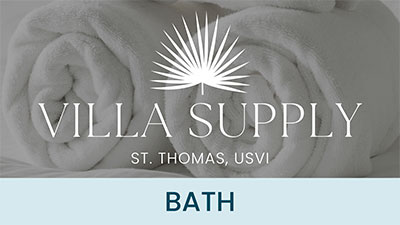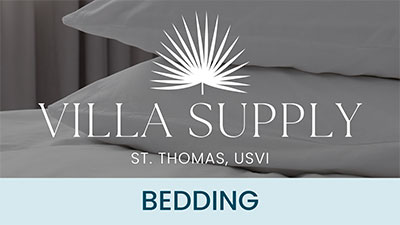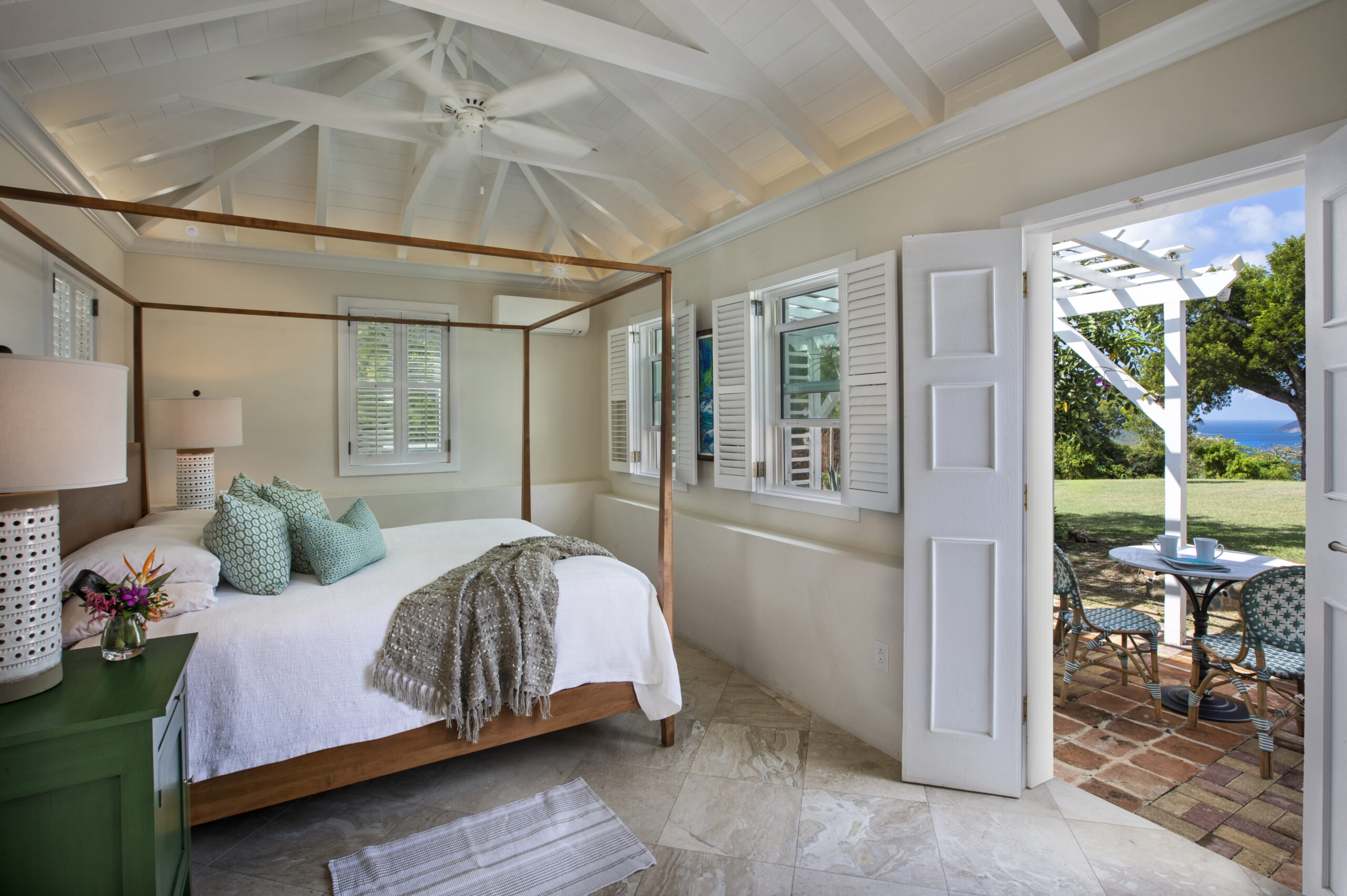Gold is one of the hottest interior design trends right now, and manufacturers are meeting this need by producing a range of new gold tones and finish choices. There are many ways to style gold accents, from embracing the color and using gold on everything, to mixing and matching different tones of gold for an eclectic look.
If going all-in on gold isn’t your style, I recommend blending different metal accents. The casual elegance of this look is perfect for island living; it looks accidental, but in reality, was carefully planned. Here are some tips on what to look for and how to mix metals.
Types of Metals in Interior Design
When choosing metal accents for your home decor, you must select between the metal tone, type and finish. There are three tones: warm, cool and neutral. There are also three main categories of finishes: polished, satin and hammered. Each of these tones and finishes can be applied to any type of metal.

Mixing metals can be difficult, but I have a few tips to help you. Many types of metals are used in interior design, but these eight are the most popular:
Cool Tones
- Chrome
- Nickel
- Stainless steel
Warm Tones
- Gold
- Brass
- Copper
- Oil rubbed bronze
Neutral Tones
- Cast iron
- Black matte brass
How to Mix Metal Accents
Hiring an interior designer is the safest bet when it comes to mixing metals and making other design choices in your home. But if you’re looking to DIY the project, these are my three steps to successfully mix metals:
- Choose two or three metals you’d like to work with. Two is best if you’re not used to mixing. All of the metals should have the same finish (either polished, satin or hammered).
- Select one of your metals as the dominant color to be used on most of your accents in the space. The other metals will become the secondary colors.
- Begin decorating by item category. In bathrooms, the main categories are plumbing, lighting, accessories and mirrors. In kitchens, the main categories are plumbing, appliances and accessories.
Let’s use a bathroom for example. Regardless of whether it’s a full bath or a powder room, plumbing is the most dominant fixture in the room, so I would use the dominant metal there. Then apply the accent metal to lighting and accessories like drawer pulls or towel bars. Because there’s typically only one or two mirrors in a bathroom and they are large items, try using a third metal or another unique material like rope, rattan or shells.
Finding More Metal Inspiration
Following these tips should help get you started mixing metals in your kitchen or bathroom. Follow us on Pinterest for even more design inspiration and interior design tips.
If you’re still feeling lost after reading these three steps, it may be time to consider hiring an interior designer. Lagnappe Custom Interiors is the top authority on interior design in the U.S. Virgin Islands, and we’d love to help you design and decorate your beach house so it’s just as beautiful as the islands we live on.














